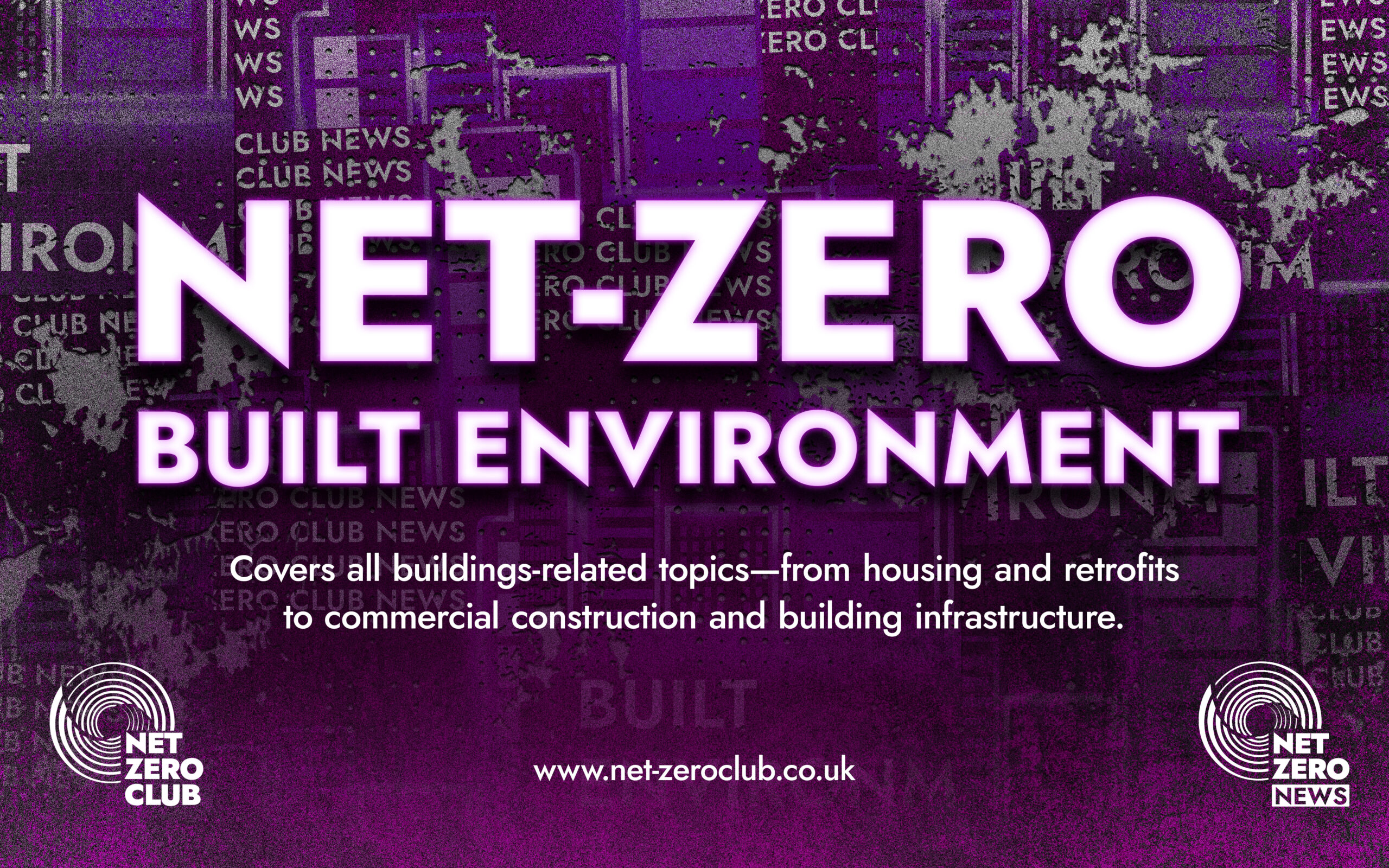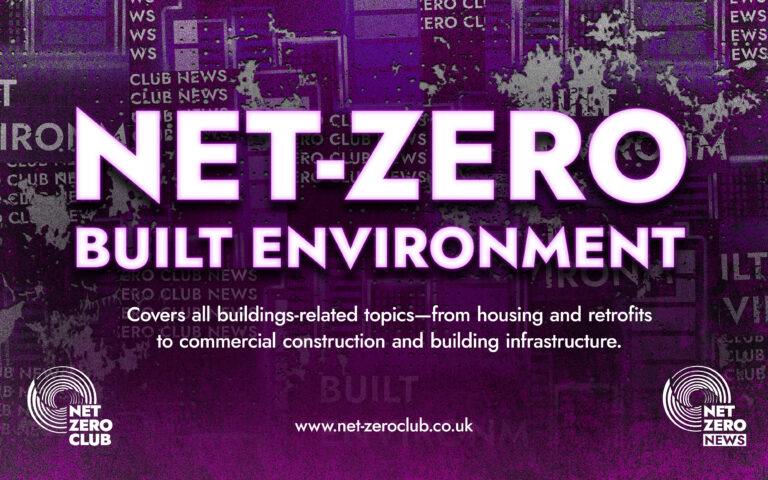UN Plastic Treaty Talks Fail Again: What’s Next?

Hello, Champions of Net Zero!
In a significant setback for global environmental efforts, United Nations negotiations aimed at establishing a treaty to combat plastic pollution have once again collapsed. This unfortunate turn of events unfolded in the early hours of Friday morning, following a tense ten-day summit held at the iconic Palace of Nations in Geneva, Switzerland. Despite nearly three years of deliberations, participating countries failed to agree on fundamental aspects of the proposed treaty.
The U.N. has convened six rounds of discussions involving around 190 nations since 2022, with the goal of formulating a comprehensive treaty to “end plastic pollution.” This initiative is crucial, given that the plastics industry currently contributes approximately 3.4 percent of the world’s total greenhouse gas emissions. Alarmingly, projections suggest that plastic production is on course to nearly triple by 2060, exacerbating the climate crisis we face.
“It is tragic and deeply disappointing to witness some nations attempting to obstruct an agreement,” remarked Denmark’s Environment Minister Magnus Heunicke during a press briefing. He highlighted the active resistance from certain petrostates against measures aimed at curtailing plastic production, a sentiment echoed by various other delegates at the summit. Denmark was participating in the talks as the current president of the Council of the European Union.
Despite the disappointing outcome, Heunicke pointed out that a new draft treaty text unveiled on Friday morning showcased a significant ambition compared to earlier drafts. This development suggests that, despite the challenges, there is a pathway to forge the necessary agreements for a more robust approach to tackling plastic pollution.
Throughout the negotiations, key sticking points have included how to regulate plastic products on a global scale, the degree to which the proposed measures should be legally binding, the language surrounding the reduction of plastic production, and the financial mechanisms required to support implementation of the treaty.
The collapse of these talks has left civil society groups disheartened, as no new draft text was officially accepted. Consequently, any future discussions will revert to the draft from the Busan negotiations held in December. Many advocates are now urging countries to abandon the current consensus-based approach, which seeks unanimous agreement, arguing that the veto power inherent in this process has been misused by nations opposed to a treaty.
David Azoulay from the Centre for International Environmental Law articulated the frustrations felt by many, stating, “What this meeting has shown is that this cannot continue. If we don’t reform the rules, we are doomed to achieve the same disappointing outcomes.”
As the dust settles from this latest round of negotiations, the chair presiding over the talks, Ecuadorian diplomat Luis Vayas Valdivieso, has yet to provide clarity on the timing, location, or format of any subsequent negotiations.
Chaos Reigns
The summit reached a critical juncture when a controversial draft text was released on Wednesday evening, which faced harsh criticism from the EU and numerous other countries, including France, the UK, Colombia, Kenya, Canada, Panama, and Peru. Many critics perceived this draft as a capitulation to a group of oil-rich nations that have consistently opposed any treaty threatening to limit plastic production, specifically countries like Saudi Arabia, Iran, and Russia.
Initially, the draft omitted crucial measures regarding the reduction of plastic production and the regulation of harmful chemicals in plastic products. However, a revised version released in the early hours of Friday attempted to reintroduce some of that critical language but still fell short of achieving consensus among member states.
While the EU expressed readiness to move forward with negotiations based on this improved draft, Heunicke lamented that “some countries are attempting to obstruct our progress on this text.”
Norwegian Environment Minister Andreas Bjelland Eriksen, whose country co-chairs the High Ambition Coalition to End Plastic Pollution, echoed similar sentiments, attributing the failure of the talks to a “small but powerful group of nations” that sought to impose severe restrictions on the agreement’s development, ultimately hindering the pursuit of a global accord.
In contrast, representatives from Saudi Arabia and Iran contended that it was the “high-ambition” nations that were creating obstacles to progress.
“Regrettably, after years of negotiation, we find ourselves confronted with unrealistic demands and elements outside our mandate, such as chemicals of concern, re-emerging in the discussions,” stated Iran’s Massoud Rezvanian Rahaghi during the closing plenary. He accused other parties of employing “undemocratic tactics” to marginalise several nations.
Changing the Game
The dynamics of the negotiations have shifted significantly, particularly following the election of U.S. President Donald Trump, whose “drill-baby-drill” philosophy has aligned the U.S. with nations like Iran and Saudi Arabia, bolstering their influence. Meanwhile, the EU and other ambitious countries have sought to engage China, a major plastic producer, in order to counterbalance this resistance. China has shown some willingness to consider measures aimed at phasing out problematic plastic products, despite being the world’s largest consumer and producer of plastics. The country has already implemented its own restrictions on the production and use of single-use plastics to combat its domestic pollution crisis.
“The complexity of plastic pollution is far greater than we initially anticipated,” remarked Chinese representative Haijun Chen during the closing plenary. “It permeates the entire production, consumption, recycling, and waste management cycle, and is intricately linked to the developmental models of over 190 U.N. member states.”
Azoulay from CIEL noted that China’s acknowledgment of the entire plastic value chain represents a crucial shift in the negotiations and could foster a more constructive dialogue among countries seeking to address the issue, though it may not sway the U.S. or Gulf states.
In the meantime, civil society advocates continue to call for decisive action from self-declared ambitious nations, urging them to push the treaty beyond the current barriers of consensus and advocate for a vote instead.
Heni Unwin, a Māori marine scientist from the Aotearoa Plastic Pollution Alliance, emphasised the urgent need for effective leadership in this arena, stating, “We must get something substantial on the table because the world is already facing dire consequences. At least we have not signed a document that lacks efficacy and fails to implement global measures.”
In conclusion, as the negotiations conclude once more without a definitive agreement, the urgency for action against plastic pollution remains palpable. The call for a unified global response is louder than ever, and the responsibility now lies with nations to overcome their differences and commit to decisive action. The stakes are too high, and the consequences of inaction are far too grave.
As we continue to advocate for a sustainable future, the journey towards a plastic-free world will undoubtedly require resilience, collaboration, and, above all, a commitment to prioritising the health of our planet over political interests. The path ahead may be fraught with obstacles, but together, we can pave the way for a cleaner, greener future.

 Got net-zero news, project updates, or product launches to share?
Got net-zero news, project updates, or product launches to share? 

